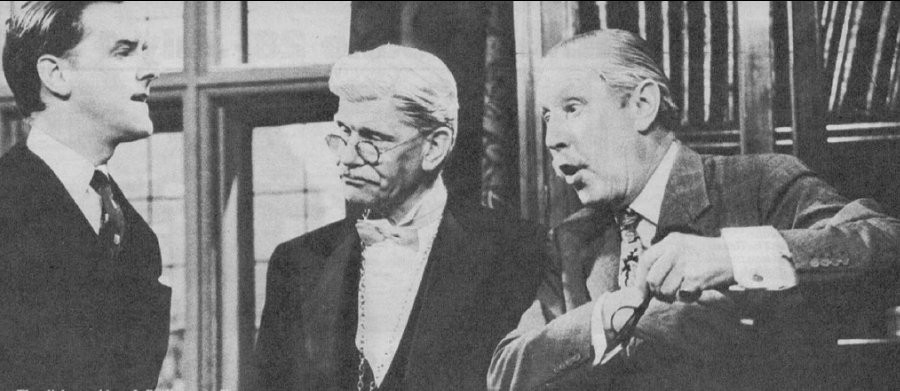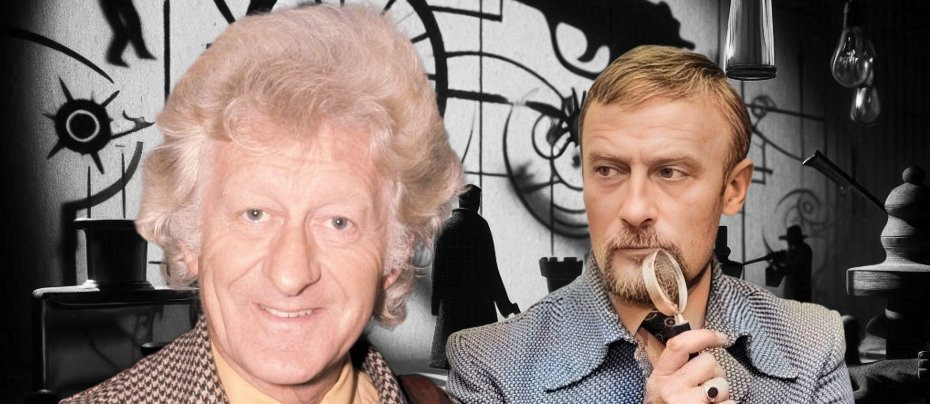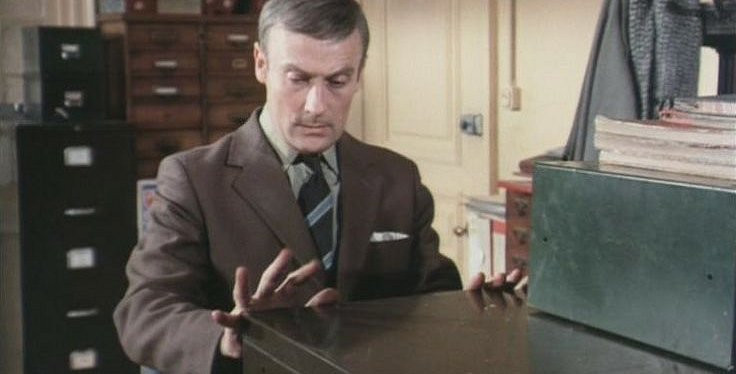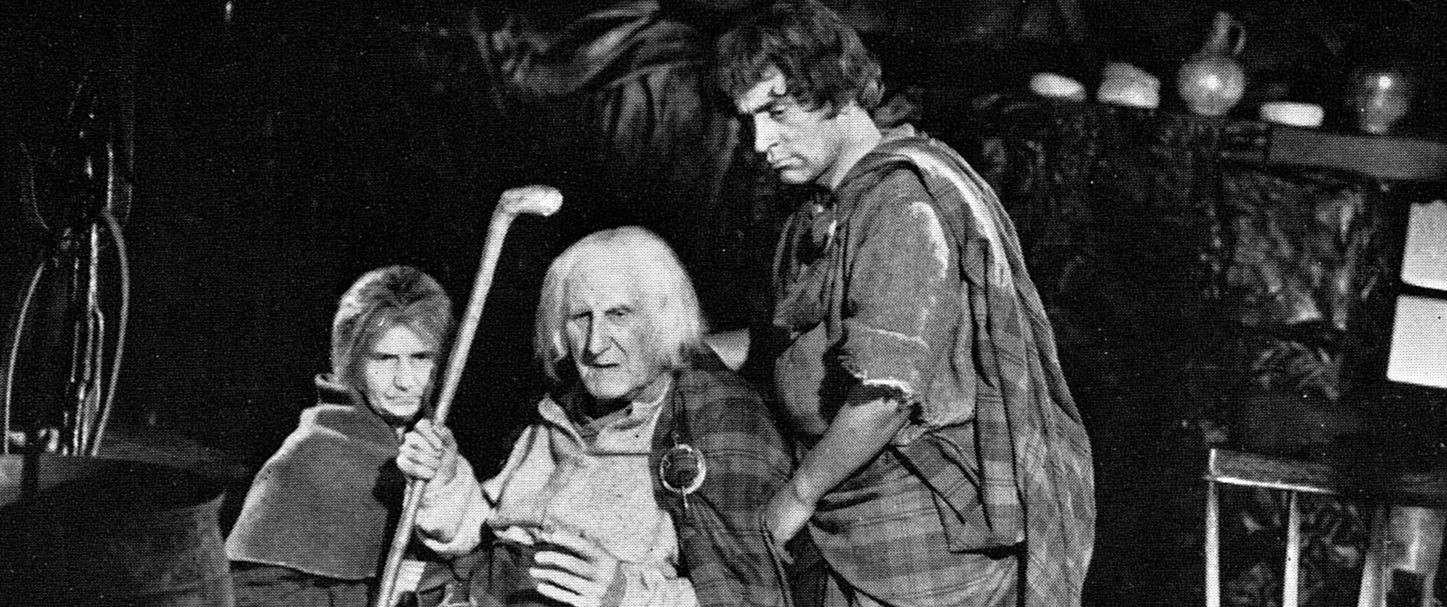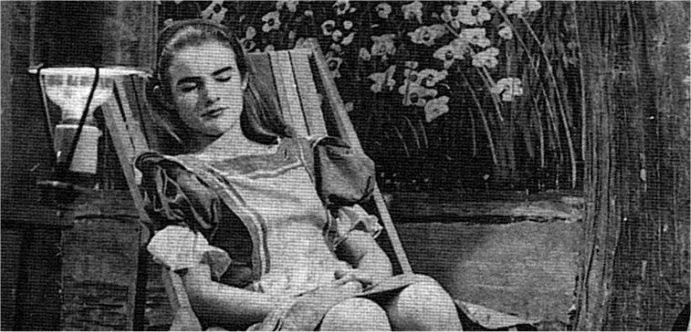
Entertaining Mr Sloane
1968 - United KingdomEntertaining Mr Sloane, a play by Joe Orton, was first presented in London at the New Arts Theatre on 6 May 1964. The first TV presentation of the play appeared as a Playhouse presentation on Monday 15 July 1968 - almost a year after Orton was bludgeoned to death by his partner.
The play opens with Mr Sloane ( Clive Francis), looking for accommodation. He arrives at the home of middle-aged Katy ( Sheila Hancock), who tries to remember to keep her teeth in and her corsets on, even though her allegiance to both tends to be fickle. Katy, who is attracted to Sloane, wastes no time in making him feel at home, although Sloane soon faces problems when Kath's father Kemp (Arthur Lovegrove) recognizes Sloane as the man who had murdered his boss some time ago.
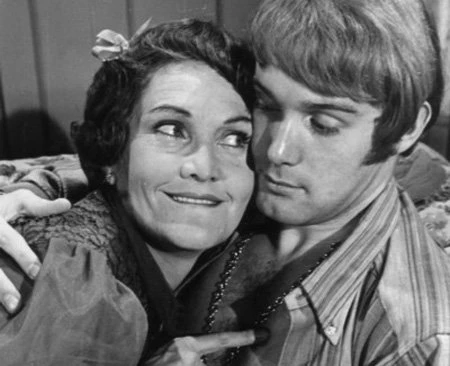
Sloane engages in a cat-and-mouse game with Kemp over his identity. The situation becomes even more complex when Katy's over-bearing brother Ed ( Edward Woodward) appears on the scene. It is clear from the beginning that Ed also has feelings for Sloane, and so he employs him as his driver.
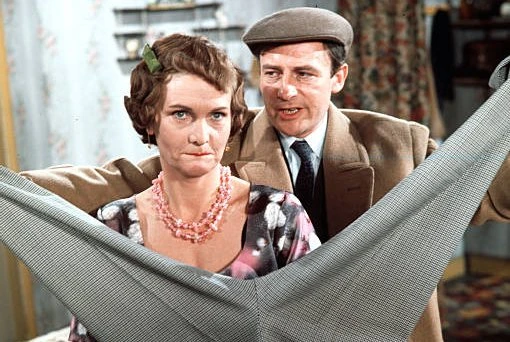
Sheila Hancock had previously played Katy before, in New York, where she won the "Whitbread" award and a "Tony" nomination for her performance. Speaking at the time, Hancock said: "Katy's amoral by society's standards, but she's so likeable and harms no one." It wasn't the first time she'd worked with Edward Woodward - they had both appeared on the London stage in the long-running "Rattle Of A Simple Man".
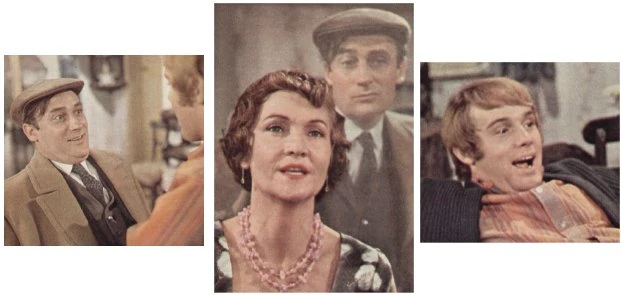
For 22-year old Clive Francis, this was his first leading part on Independent Television. At 16 he joined the Bexhill repertory and 18 months later went to drama school. More rep followed, a film and some television, besides a year in the West End success "There’s a Girl in My Soup". Clive is the son of Raymond Francis best known as Insp Lockhart in No Hiding Place, and went on to appear later in TV hits Poldark and The Piglet Files. Writing in the July 13 1968 edition of 'TV Times' under the heading 'The anarchic world of Joe Orton' , Milton Shulman, the Canadian author, film and theatre critic - had this to say:
"Comic writers of genius are a rare and precious breed. When they die young, as did Joe Orton, a world that so desperately needs the healing balm of laughter can sadly count it as an irreparable loss.
“It is difficult to pinpoint Joe Orton's particular talent. He left us only two major plays, “Entertaining Mr. Sloane” and "Loot", and a couple of one-act trifles. But meagre as the evidence is, there was little doubt that his work possessed an anarchic, sardonic flavour that was likely to blossom into a special and telling comment on our own times.
“How elusive his special quality was can be judged from the fact that critics have to range through the entire spectrum of comic writing to discover apt comparisons for his manner and style. He has been called the Oscar Wilde of Welfare State gentility; he echoed the satirical bitterness of Ben Johnson; he possessed the insane logic of the Marx Brothers. He was, in other words, a playwright with a unique, oblique and idiosyncratic vision of his own.
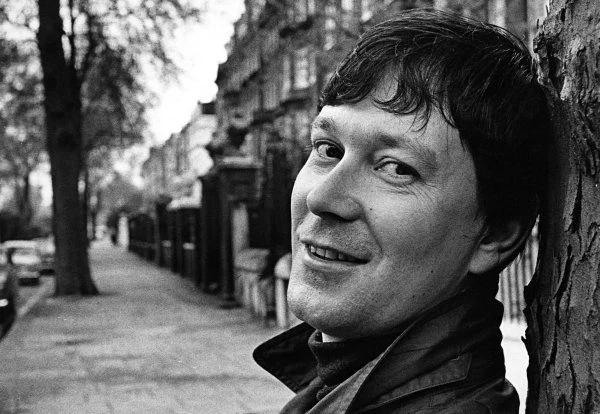
“Like some giggling anarchist, he planted explosives under existing beliefs not because he wanted to destroy them but because he liked hearing the noise his phrases made when they went off. Those who are easily scandalised should steer clear of him. His nose-thumbing irreverence was especially directed at authority, the law, hypocrisy, gentility, death (he found it hilarious!), religion with particular derisive gestures towards the Roman Catholic Church. There were those who found him tasteless, incomprehensible, offensive, adolescent and shudderingly unfunny. There were those who saw him as a unique commentator on our anarchic condition, a writer with an extraordinary ear for the inanities of language, a needed time-bomb ticking under the behind of authority, a witty eye-witness of the passing absurdities of our day and age.
"No one can be neutral about Joe Orton. That was his peculiar strength."
Seen this show? How do you rate it?
Seen this show? How do you rate it?
Published on December 14th, 2019. Source: Original TV Times article - 1968.


